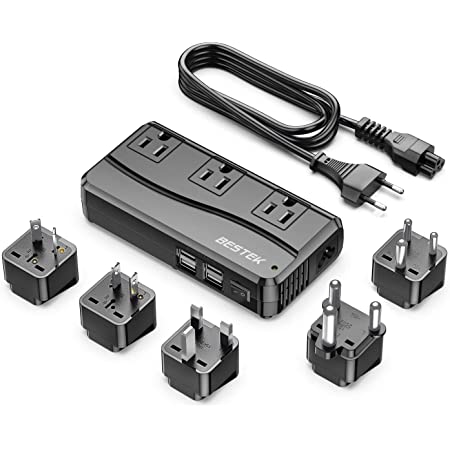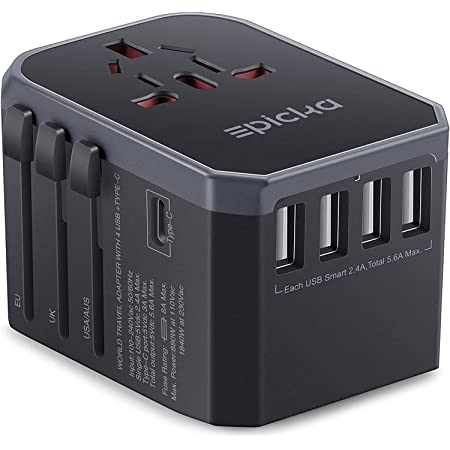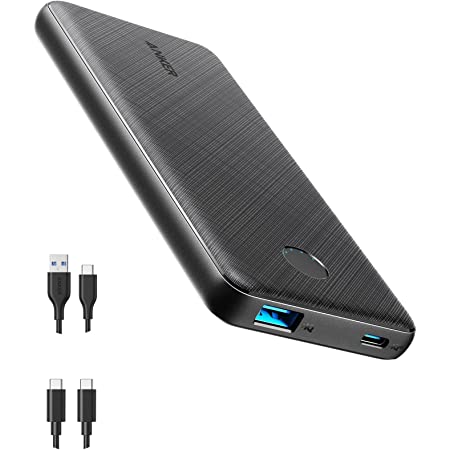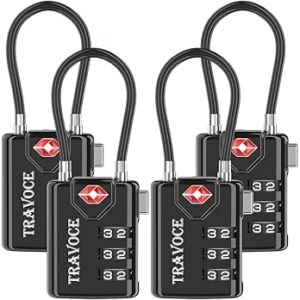Plug For Bulgaria: What You Need To Know
What is the plug for Bulgaria? Before you travel, check the information below to make sure your electronic devices are compatible with the outlet type and voltage.
Electrical Summary
Plug Compatibility: Type C, Type F
Voltage: 220V – 240V
Frequency: 50 Hz
Type C

Type F

Can North Americans use Electronics in Bulgaria without an Adapter?
No! North Americans will need an adapter for the outlets and a transformer for the voltage when traveling to Bulgaria. North Americans device plugs will not work with the outlet types in Bulgaria. Also, the voltage in Bulgaria is different from North American voltages.
Can Europeans use Electronics in Bulgaria without an adapter?
Yes! Europeans do not need a travel adapter or transformer when traveling to Bulgaria. Most device plugs will work with the outlet types in Bulgaria. Also, the voltage in Bulgaria is the same as in Europe.
What Outlet does Bulgaria Use?
Type C

Type C plug sockets are used in Europe, Africa and Asia. They have two round pins and no grounding pin. These plugs are typically used with devices that have a voltage of 220-240V. This outlet is rated for 2.5 amps. Plug Type E, and Type F are compatible with this socket. All other plug types will need an adapter.
Type F

Type F electrical plug sockets are used in Germany, Spain, Italy and some parts of Africa. They have two round pins and a grounding pin. These outlets are typically used with devices that have a voltage of 220-240V. This outlet is rated for 16 amps. Plug Type C and Type E are compatible with this socket. All other plug types will need an adapter.
Recommended Products:
Should I use a VPN when traveling?
YES! Using a VPN when traveling is highly recommended to protect your online privacy and security. Public Wi-Fi networks in hotels, airports, and cafés are often unsecured, making you vulnerable to hackers and data theft. A VPN encrypts your internet connection, safeguarding sensitive information like passwords and banking details. It also allows you to bypass geo-restrictions, granting access to streaming services and websites that may be blocked in certain countries. Additionally, a VPN helps prevent government surveillance and ISP tracking. For a seamless and secure browsing experience while traveling, choose a reliable VPN with fast speeds and strong encryption.
Bulgaria Travel Essentials:
Is it safe to drink water in Bulgaria?
The safety of drinking water in Bulgaria is generally good. According to the World Health Organization (WHO), more than 99% of the population in Bulgaria has access to improved drinking water sources, which means that the water is from a protected well or spring, or treated through a piped system.
The water treatment system in Bulgaria is modern and meets European Union standards, and the tap water is safe to drink in most urban areas. However, in rural areas, the water quality may not be as good due to poor sanitation and lack of treatment facilities.
Even if the tap water is considered safe to drink in Bulgaria, it is still advisable to take precautions to avoid potential contamination. For example, it is recommended to boil tap water before drinking it or to use a water filter.
Alternatively, bottled water is widely available and is a safe option for drinking in Bulgaria. It is essential to ensure that the seal is intact before consuming the bottled water.
If you are traveling to Bulgaria, it is recommended to consult with a healthcare provider or a travel health specialist for specific recommendations on how to stay healthy and avoid waterborne diseases.
We recommend always packing a filtered water bottle when traveling!
Travel Essentials
Be sure to check our list of travel essentials before your trip!
Should I get travel insurance when traveling to Bulgaria?
It is generally recommended to get travel insurance when traveling to a different country. Travel insurance can provide financial protection and peace of mind in case of unexpected events, such as medical emergencies, trip cancellations, lost or stolen baggage, or other travel-related mishaps.
Travel insurance can cover various expenses related to your trip, such as medical expenses, emergency medical transportation, trip cancellation or interruption, lost or stolen baggage or personal belongings, and other travel-related expenses.
Before purchasing travel insurance, it’s important to carefully review the policy details, including the coverage limits, exclusions, and any applicable deductibles or copays. You should also make sure that the policy covers any activities or destinations that you plan to participate in or visit during your trip. Click here to price for Travel Insurance for Bulgaria
Travel Summary
The capital city of Sofia is a must-see destination, with a mix of ancient ruins, Ottoman-era mosques, and modern buildings. Visitors can explore the city’s many museums, including the National Museum of History and the National Art Gallery, or take a stroll through the city’s many parks and gardens.
Bulgaria is also known for its picturesque countryside, with mountains, forests, and beaches offering opportunities for hiking, skiing, and sunbathing. The Rila Monastery, a UNESCO World Heritage site, is one of the country’s most iconic landmarks, with its stunning frescoes and mountainous backdrop. Visitors can also explore the Seven Rila Lakes, a group of glacial lakes located high in the Rila Mountains.
The country is also rich in history, with many ancient ruins, castles, and museums showcasing Bulgaria’s past. Some of the most popular sites include the ancient Roman theater in Plovdiv, the Tsarevets Fortress in Veliko Tarnovo, and the Thracian tomb of Kazanlak, a UNESCO World Heritage site.
Bulgaria is a welcoming destination for travelers, with a strong focus on tourism. The country’s official language is Bulgarian, but many people speak English as well. The cuisine is also a highlight, with traditional dishes like banitsa (pastry filled with cheese) and shopska salad (tomato and cucumber salad) reflecting the country’s Balkan and Mediterranean roots.
Overall, Bulgaria offers a unique travel experience for those looking to explore Eastern Europe’s history, culture, and natural beauty. With its friendly locals, diverse attractions, and rich heritage, Bulgaria is well worth a visit.
Traveling to another country? Check out our Countries page for more info on countries like Romania, Greece, Turkiye, Serbia, Hungary, Czechia, Croatia.





